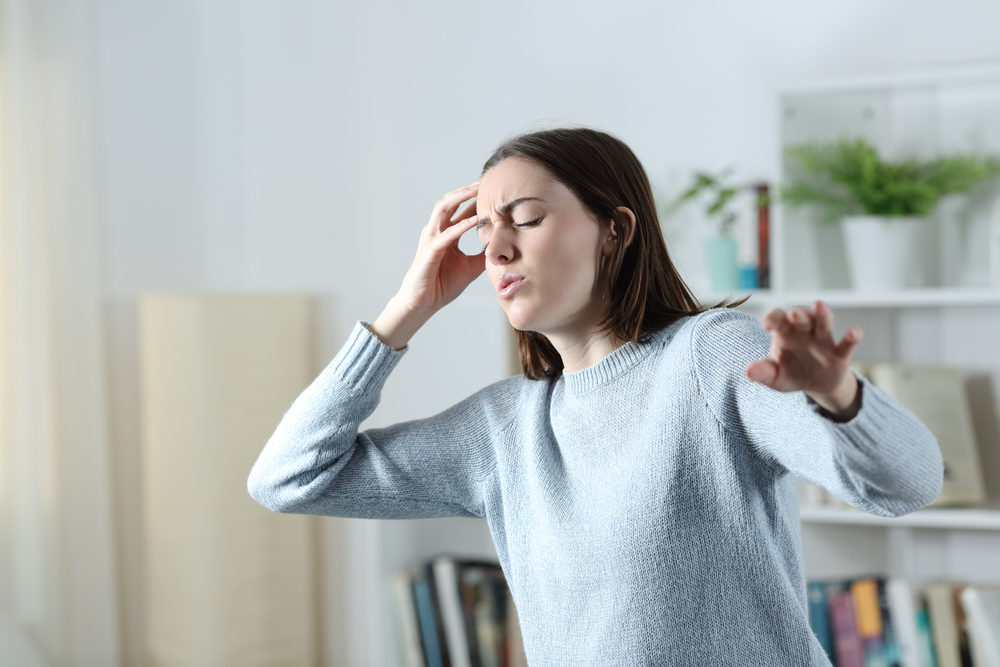Balance is a biological system that allows us to understand at which point our bodies are in the surroundings and to sustain the most desirable position. A normal varies on the information coming from the inner ear, muscle movement, and other senses of the body, including touch and sight.
Balance problems can be due to many medical issues. However, most issues can be due to the problems in your vestibular system (inner ear), which is the balance organ of the body.
Problems with balance can cause dizziness as if your surroundings are unsteady or spinning. You may feel that your body is moving, or you feel like you’re going to fall over. These feelings could occur either when you are sitting, standing, or lying down.


